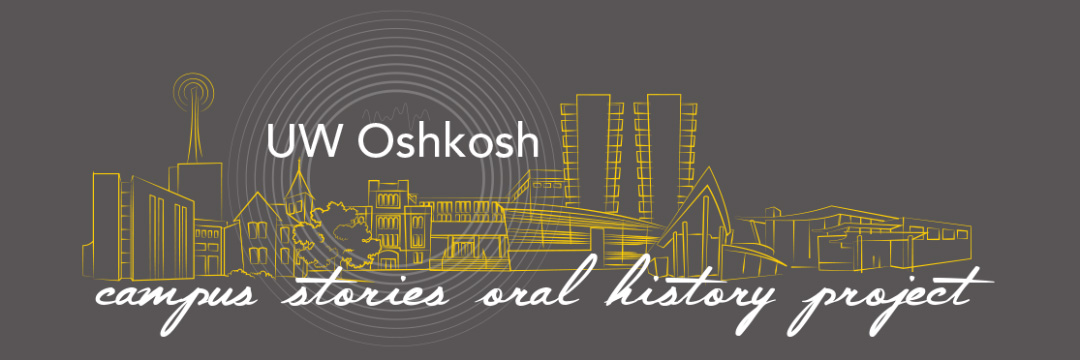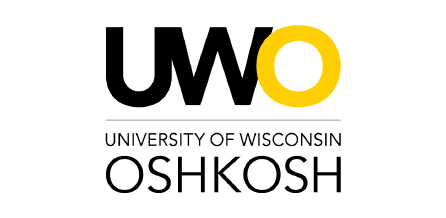Campus Stories

The Campus Stories Oral History Project is a multi-year project designed to collect the memories of UW Oshkosh alumni, faculty and staff as a way of helping document the past sixty-five years of campus history.
By conducting oral history interviews, we are able to engage the past by tapping the unique and very personal perspectives of people who experienced it. When interpreting the events, lives and ideas of the past, historians make use of original records created by individuals from earlier times. Conducting oral history interviews allows us to go beyond these records and ask new questions, discover new interpretive angles, and recover fascinating untold stories untold.
In 2021, UW Oshkosh will turn 150 years old. In that Sesquicentennial year, much focus will be made on our institution’s rich history. To help celebrate and interpret that history, UW Oshkosh will use the Campus Stories Oral History Project. Doing so will hopefully help us fill in holes in our institutional history and, equally important, allow individuals tied to the campus to get their perspectives recorded in their own words.
If you are interested in sharing YOUR campus story, please visit: https://oralhistory.uwosh.edu/
To listen or review the transcripts of over 90 oral history interviews already completed browse by name or subject or search the abstracts below.


